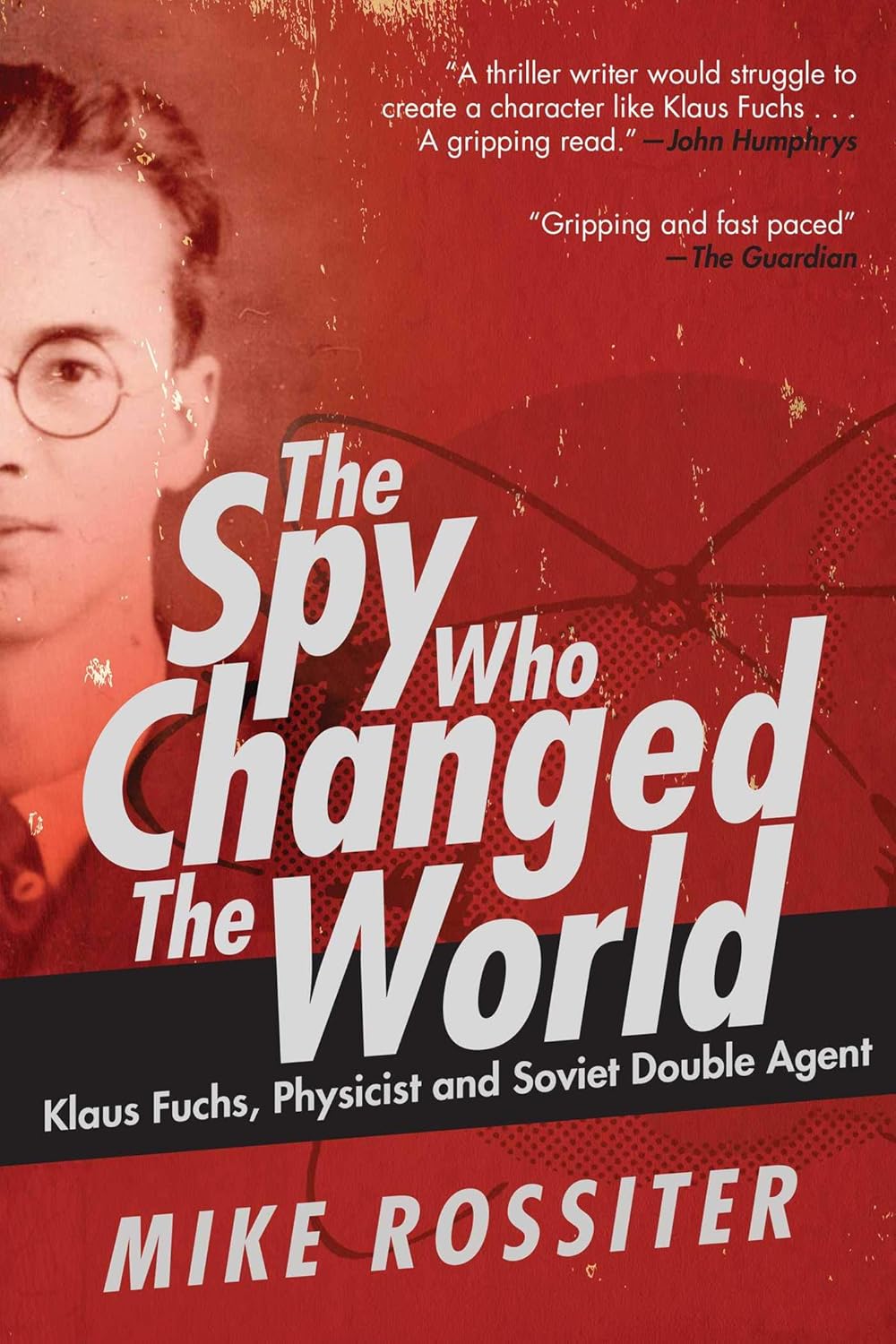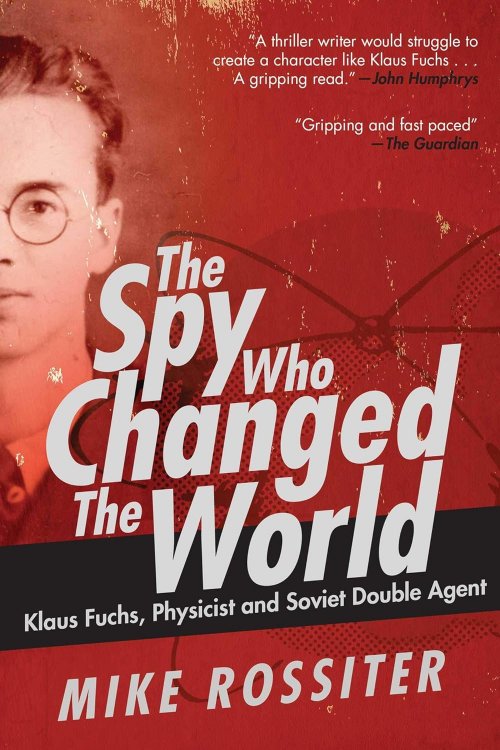The story of Klaus Fuchs is a tale that seamlessly weaves together elements of mystery, espionage, and scientific genius. Arrested in 1950 for leaking atomic secrets to the Soviet Union, Fuchs was initially branded a traitor by the British press. Fleet Street’s sensational headlines claimed he had sold the secrets of the atom bomb to the Russians, but as the dust of hysteria settled, the true nature of Fuchs’s espionage remained shrouded in ambiguity. Despite extensive investigations and numerous books by reputable authors, the hard facts about Klaus Fuchs’s actions and motivations have often seemed elusive.
The Background of a Reluctant Spy
Klaus Fuchs was a German scientist who fled Nazi Germany, finding refuge in Britain where he would later work on atomic research. His fourteen-year prison sentence was based on his own confession, but questions lingered: Was Fuchs merely a second-rate scientist passing on the work of others, as suggested by the official history of Britain’s nuclear program? Did his actions truly hasten the Soviet atomic bomb, or were the Russians destined to achieve it regardless? What sort of man was Fuchs—an evil conspirator or a naïve idealist who eventually realized his error?
Renowned historian Margaret Gowing touched upon Fuchs’s role in her comprehensive works on Britain’s nuclear program, but the complete picture remained frustratingly out of reach. The British Security Service, MI5, even went so far as to assist author Alan Moorehead in writing “The Traitors,” aiming to shape the narrative about Fuchs. Yet, even with these resources, a complete understanding remained elusive.
The Moscow Connection: Uncovering Secrets with Georgi Flerov
Several years ago, a chance to delve deeper into Fuchs’s story emerged with an appointment to interview Academician Georgi Flerov in Moscow. Flerov was instrumental in the Soviet Union’s nuclear program and had written to Soviet leaders in 1942 about the possibility of a nuclear weapon, urging them to begin their own program. This meeting promised insights from someone who had not only witnessed but played a critical role in the Soviet atomic efforts.
Flerov’s narrative began in the chaos of post-war Berlin, where he searched for German scientists to aid the Soviet atomic project, under the guise of a colonel in the NKGB, the Soviet State Security organization. These scientists were essentially coerced into working for the Soviet Union, significantly contributing to their nuclear program.
A Journey to Moscow: The Cold War’s Lurking Shadows
In January 1989, an interview with Flerov was arranged in Granville, Normandy. Flerov recounted his experiments with plutonium, his pivotal letter to the Soviet chiefs, and his role at the Kurchatov Institute. He acknowledged that espionage, including information from Klaus Fuchs, had saved the Soviets about one or two years in their nuclear quest. However, Flerov emphasized that Soviet scientists had to independently verify and produce all components necessary for their atomic bomb, downplaying the overall impact of the espionage.
This interview, and subsequent visits to Moscow, painted a bleak picture of the Soviet Union’s economic state, contrasting starkly with the monumental achievements of its scientists. The dilapidated state of the economy and society was a far cry from the heroic image often portrayed.
The Heart of the Kurchatov Institute: A Glimpse into the Soviet Atomic Effort
During a visit to the Kurchatov Institute, a central hub of Soviet nuclear research, Flerov’s demeanor revealed his deep-seated belief in the importance of scientific achievement over espionage. Here, amid the forested grounds and historical dachas, other atomic veterans also shared their stories. They, like Flerov, focused on the scientific efforts and downplayed the contributions of espionage.
Fuchs’s Legacy: The Spy Who Changed the World
Klaus Fuchs’s tale is one of profound complexity. For over forty years, the Cold War’s shadow loomed large, with nuclear annihilation a constant threat. Fuchs, a key figure in the creation of atomic weapons for the wartime allies turned Cold War adversaries, was central to this era. His actions were driven not just by scientific expertise but by political convictions. Fuchs’s espionage significantly influenced the nuclear arms race, altering the course of history.
Despite the revelations from Flerov and other Soviet scientists, much about Fuchs’s motivations and the full extent of his contributions remains enigmatic. He remains a figure of mystery, a man whose actions undoubtedly shaped the nuclear age.
For those intrigued by the depths of Klaus Fuchs’s espionage and its impact on world history, “The Spy Who Changed the World: Klaus Fuchs, Physicist and Soviet Double Agent” offers an excellent, comprehensive account. This book delves into the intricate details of Fuchs’s life and his pivotal role in the nuclear arms race, providing readers with a deeper understanding of one of the most significant spies of the twentieth century.




